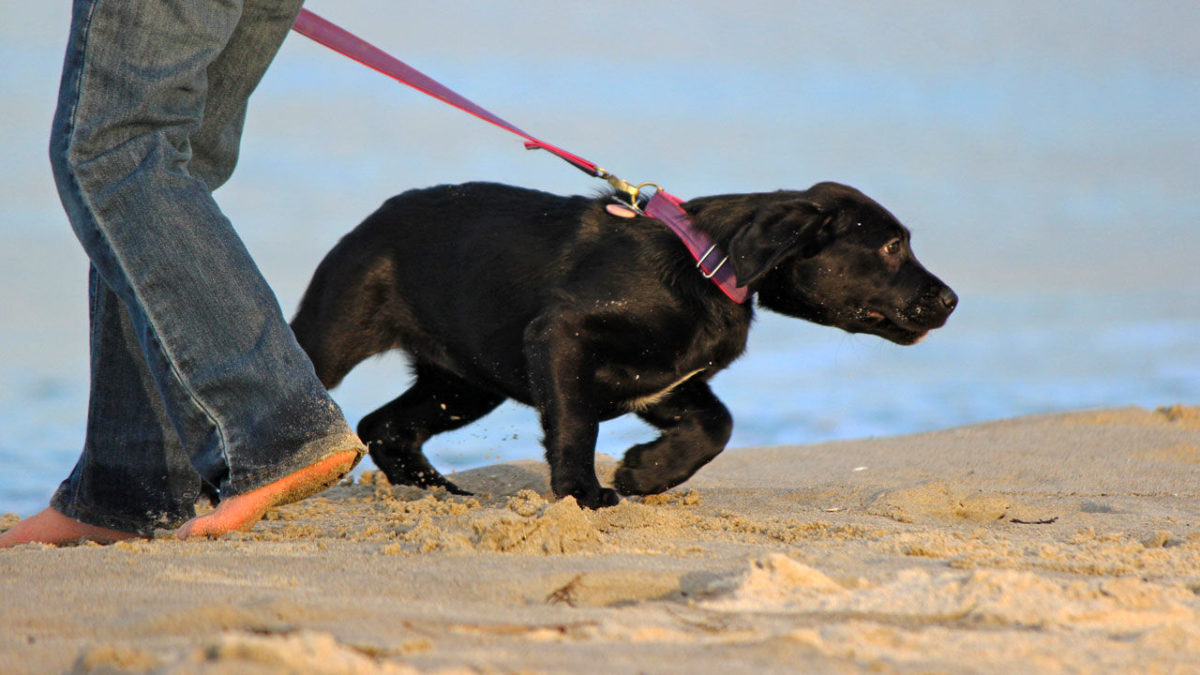But our responses might be more dire.

Teenaged kids aren’t the only ones to enter a phase of conflict with their parents or other caregivers. Dogs do, too. Unfortunately, that has more important implications because it could mean punishment for the dog, relinquishment to a “shelter,” and depending on the policies of that “shelter,” life and death.
Like adolescent humans, a new study “found when dogs reached puberty, they were less likely to follow commands given by their carer:” The study followed dogs before adolescence, during adolescence, and then afterward. The same dogs who would sit when asked to do so before puberty and did so after they got out of puberty refused to do so during puberty. But here’s the rub: they still sat during puberty as long as someone else asked them, too. In other words, like our teenaged kids, they listened to others but not their “parents.”
But unlike our kids,
[T]he welfare consequences of adolescence-phase behaviour could be lasting because this corresponds with the peak age at which dogs are relinquished to shelters. Welfare could be also be compromised if problem behaviour results in the use of punishment-based training methods or causes carers to disengage: It is hoped these issues could be avoided if dog owners were made aware that (as in humans) problem behaviour during adolescence could be just a passing phase.
In other words, normal teenage behavior in dogs may be punished, result in banishment to the backyard, or even relinquishment to a pound. Not surprisingly, the average age of a dog in a “shelter” is very young. And given that many pounds have not embraced the No Kill philosophy or the No Kill Equation (the programs and services which make it possible), the results could be catastrophic.

But there is hope. Prior research has confirmed that those “shelters” which have a pet retention program to help people solve problems or “help desk” for people experiencing conflict with their animals are very successful. Nearly six out of 10 people who agreed to participate ended up keeping the animal. Another study found that giving people good, targeted advice reduced relinquishment by over 90%. Here, we just need to educate frustrated families that dogs are people, too. Like people, they are just entering a rebellion phase. And thankfully, unlike people, it is quick, only a few months. “In most dogs, it seems that adolescent-phase disobedient behaviour exists, but does not last.” Tell them to skip the punishment, skip the surrender, and just wait it out. Their little rebels will come back to the fold.
The study, Teenage dogs? Evidence for adolescent-phase conflict behaviour and an association between attachment to humans and pubertal timing in the domestic dog, is here.
————-
Have a comment? Join the discussion by clicking here.